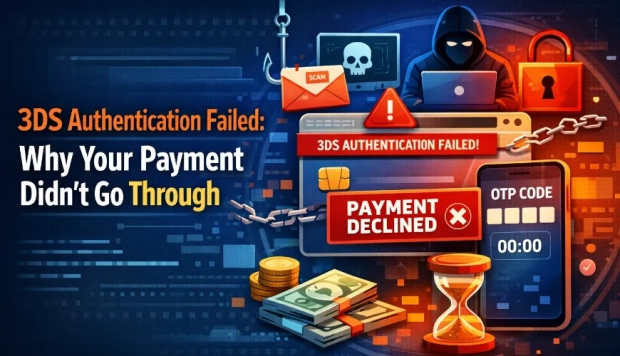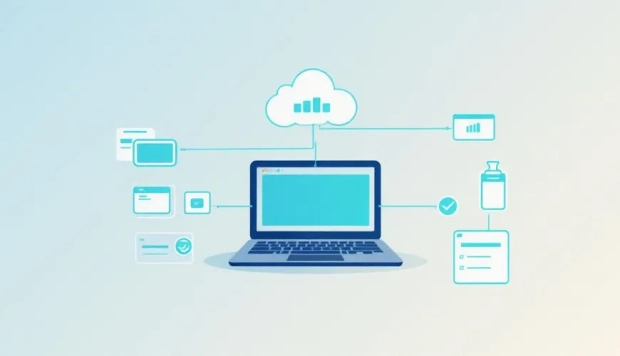7 Ways Email Hosting Can Help You Stay Compliant With Industry Standards

As the internet and technology have proliferated worldwide and permeated nearly all demographics, people have become increasingly tech-savvy and cautious about how companies collect and utilize the data they gather. While plenty of developed nations have created and implemented a range of legislation and regulations aimed at reducing the possibility of abuse, this has caused various issues for businesses that have legitimate uses for such data. In other words, a net gain for the average consumer has created a set of regulatory hurdles that enterprises must navigate successfully if they are to avoid the kind of financial damage that can result from misuse. But, as with anything, where there is a will, there is almost always a way, and when it comes to email, which can be a particularly hot-button issue, many of the usual hurdles can be overcome by the implementation of an email hosting solution.
Enhanced Data Security For Sensitive Information
Data is the alpha and the omega when it comes to business, especially when it comes to email communication. Part of the many privacy and security requirements that come with the various data regulations in force is the need to ensure that all email addresses and the information contained within the correspondence remain secure, not just from the more nefarious actors who relish in stealing data, but even from company employees who have no need to access or see sensitive emails from customers or clients.
Choosing a secure email hosting platform ensures that all communication is encrypted both in transit and at rest. Most secure hosting providers utilize sophisticated Transport Layer Security (TLS) protocols that securely encrypt emails as they are sent between servers and email clients. What sets a dedicated email host apart from a regular email client, though, is the way it keeps all email data secure even when at rest, meaning that even if a breach occurs, most of the data that might be stolen will be unreadable and inert.
Regular Backups To Prevent Data Loss (And Ensure Easy Data Recovery)
In many ways, this point is most relevant to businesses that operate within specific industries, including financial, healthcare, and legal. There are numerous regulations, such as FINRA, HIPAA, SOX, and GDPR, that mandate specific holding requirements for business communications in particular contexts. Because emails in these industries generally contain a raft of highly sensitive data, which can include anything from contract negotiations to private customer data, it's critical that they are retained in case they need to be accessed over time for various reasons, such as involvement in litigation. This can be achieved manually or in-house, but only at a significant cost to time and resources that could otherwise be put to better use. An email host will typically offer a range of enterprise solutions that include regular backups and easy recovery in the case that emails become lost or otherwise corrupted.

Customizable User Access and Permissions
Part of many laws surrounding user data includes the requirement for users to be able to specify the permissions and use cases they are comfortable with a company or service provider using. Email hosts offer this with the emails that their users send out to their customers as a front-end service. Where this has the most significant impact, however, is by enabling companies and IT departments to establish strict access permissions for internal, backend use. In other words, only those with strict permissions to access certain emails can do so, ensuring a dependable trail that can be traced if anything goes awry. It also allows for a distinct separation between the business and your email host, meaning that all sensitive data sent via this form of correspondence is not visible to the host or their employees.
Compliance With GDPR And HIPAA Regulations
Perhaps the two primary data privacy laws enacted over the past few years are the GDPR and HIPAA. The General Data Protection Regulation (GDPR) is an EU directive that was designed and set up to protect EU citizens explicitly, but due to the sheer size of the EU and its addressable market, it has been implemented to at least some degree by most nations (particularly those doing business in the EU who find it easier to simply adhere rather than to separate based on geographical location). HIPAA stands for the Health Insurance Portability and Accountability Act and is a mostly US-based regulation that ensures privacy related to health data. There are others, but the fact is that because there is such a patchwork of rules, it can become increasingly burdensome for even the largest corporations to remain compliant with all of them. By using a reputable email host, many, if not all, are met and adhered to by virtue of using the service.
Audit Trails To Monitor Email Activity
We briefly touched on this point earlier, but an audit trail is a vital action ensuring that all actions and pertinent information have been logged and can be used to trace back to the root of an issue. This can often be a crucial part of determining where a leak or breach has occurred and may be required to protect an organization if the problem is severe enough to involve litigation. There are many data points that an email provider will log, ranging from date and time stamps to more detailed information, such as user logins and administrative actions related to the account that had access at a particular time.
Spam Filters To Protect Sensitive Data
Email hosts implement authentication protocols that can verify a sender's identity and ensure that the message hasn't been tampered with during transmission. Various authentication protocols used by email hosts, such as SPF (Sender Policy Framework), DKIM (DomainKeys Identified Mail), and DMARC (Domain-based Message Authentication, Reporting, and Conformance), make it significantly more difficult for spammers to send malicious emails to business accounts. This is directly related to convenience more than the simple benefit of receiving minimal spam, purely because it ensures that emails containing links and social engineering techniques are reduced, thereby ensuring that the weakest link in all companies' security (the human link) remains untempted to click on anything that could infect their systems.
Expert Support For Compliance Issues
While larger corporations are often able to invest in their own IT departments filled with highly skilled staff, SMEs tend to have to make do with smaller departments or none at all. Opting to use an email host gives you access to specialists who can answer any questions you may have and assist you with setting up your system in a way that meets your needs and whatever laws you need to adhere to.
Email hosts are vital for a number of reasons and are far more valuable than merely offering you a space to store emails. They ensure that you remain compliant with the ever-increasing number of data regulations that come into effect every so often, and keep all sensitive data private and secure.



